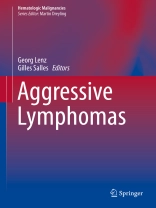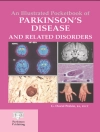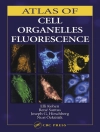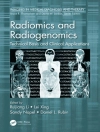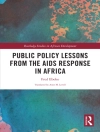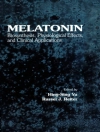This book summarizes current knowledge of the biology and molecular pathogenesis of aggressive lymphomas and reviews the state of the art in diagnostic and therapeutic strategies. The aim is both to provide the reader with a sound understanding of the very significant progress that has been achieved in the understanding and management of these malignancies over recent years and to facilitate appropriate choice of the therapeutic strategy in individual cases. The assessment of different prognostic parameters are clearly presented in order to permits effective risk stratification that impacts on treatment choice. Recent insights into lymphomagenesis are exemplified and may assist in identifying emerging therapeutic targets. The comprehensive and up-to-date nature of the book will make it an ideal reference for all physicians and researchers interested in lymphoma, including clinicians from various medical specialties, biologists, pathologists, radiologists and nuclear medicine specialist, as well as students.
สารบัญ
PART I: Epidemiology, Pathology and molecular Pathogenesis : Epidemiology.- Pathology and molecular pathogenesis of DLBCL and related entities.- Pathology and molecular pathogenesis of Burkitt lymphoma and lymphoblastic lymphoma.- Pathology and molecular pathogenesis of T-cell lymphoma.- Part III: Future directions in aggressive lymphomas: Role of modern imaging in aggressive lymphoma.- Kinase inhibitors.- Immunologic approaches.- Other novel targeted therapies.- How biology will help guiding our treatment decisions?.
เกี่ยวกับผู้แต่ง
Professor Georg Lenz is Director of the Department of Medicine A, Hematology, Oncology and Pneumology at the University Hospital in Münster, Germany. Before his move to Münster he previously worked at the Ludwig-Maximilians University Munich, the National Cancer Institute in Bethesda (USA), and the Charité – Universitätsmedizin Berlin. His basic and clinical research focuses on the molecular characterization of malignant lymphomas and the performance of clinical trials using specific therapeutics.
Professor Gilles Salles is Head of the Hematology Department in Lyon University Hospitals (Hospices Civils de Lyon & Université Claude Bernard Lyon-1) and co-director of the research team “Clinical and Experimental Models of Lymphoma” at the Cancer Research Center of Lyon (Institut National de la Santé et de la Recherche Médicale). He trained in Hematology and Immunology at the Université Claude Bernard in Lyon and at the Dana Farber Cancer Institue (Havard Medical Scholl, Boston, USA). He conducted several leading international clinical trials as well as translational studies in the field of lymphoma.
